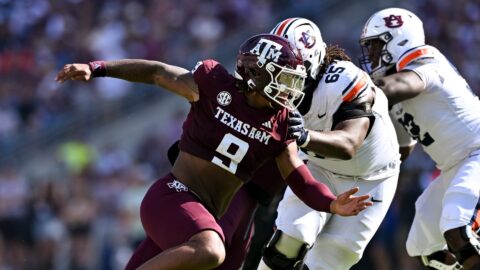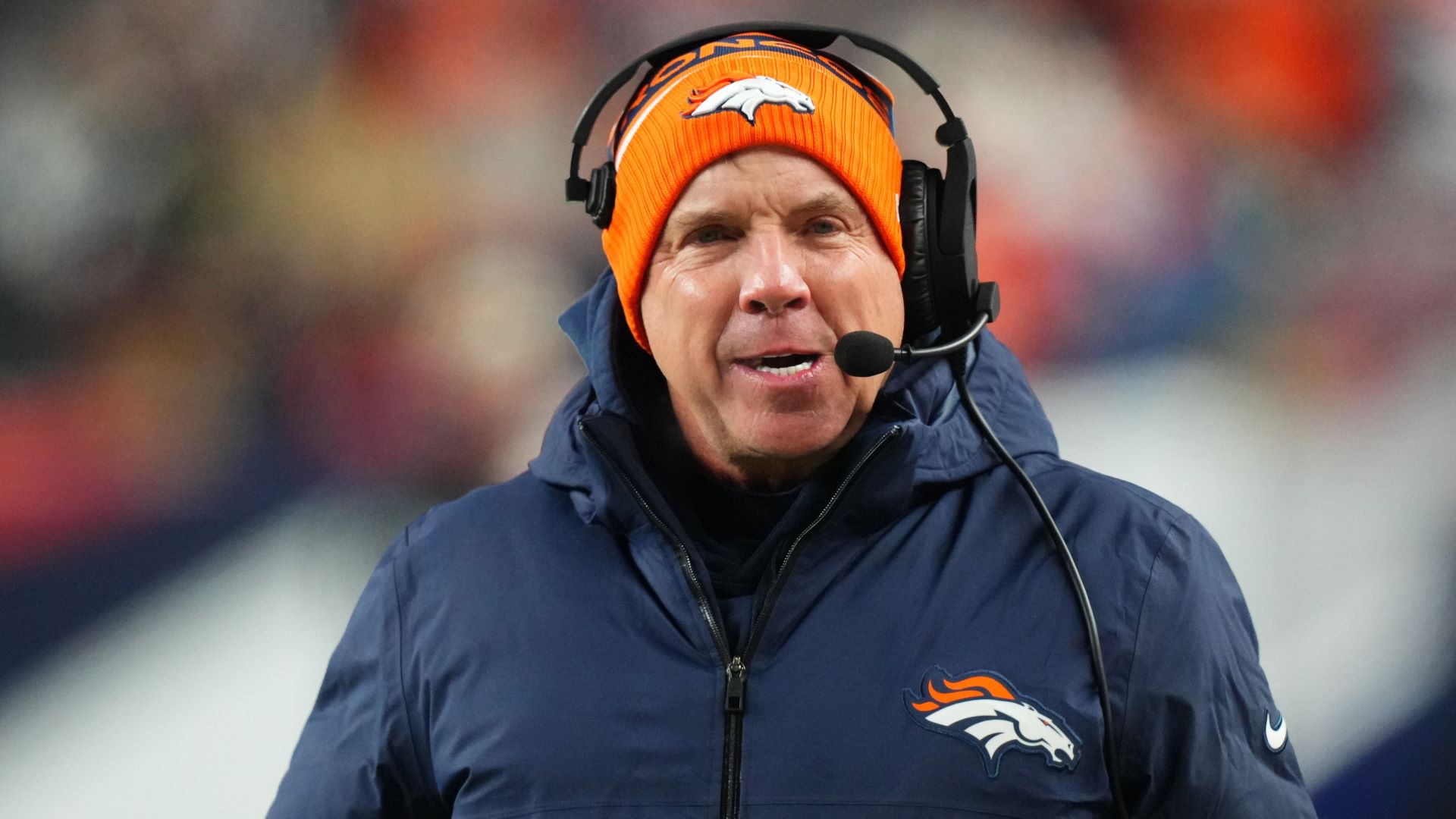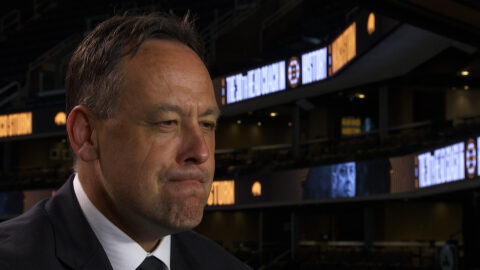Cognitive psychologists have a unique way of looking at athletic performance, using perception as the key to the tools of the trade.
Ever hear of how tennis players who keep slamming their serves into the net overcome their fault? By placing a ball cart on the other side of the net, for example, and trying to hit the cart on their serves. That is how they re-train the mind to aim over the net in order to re-train the body to do just that.
I bring this up in conjunction with a different cognitive psychology study that relates to the Matt Cooke incident.
After Cooke's hit on Boston's Marc Savard, NESN analysts Mike Milbury and Andy Brickley discussed on W.B. Mason Bruins Face-Off Live why there was no aggressive, immediate response from the Bruins. Brickley pointed out that in talking to players, coaches and other observers after the game, there seemed to be no one who actually saw the hit or could remember the details of that moment without video replay, which could ultimately explain the lack of an aggressive response.
Intrigued by the fact that no one really “saw” the hit, I contacted Saul Kassin, a psychology professor at Williams College. He directed me toward a study that shows that it is indeed very possible and very likely that such was the case.
Give this a try before reading on.
The concept of that YouTube video relates to a Harvard University study from 1999 which researched “inattentional blindness for dynamic events.” It describes significant findings for a person’s inability to perceive an unexpected object in the midst of a dynamic event. To put it simply, we’re not aware of things that happen right in front of our eyes if we’re not looking out for them, no matter how jarring those things may be. And even if we do see it, it’s unlikely that we remember it correctly. Here’s an excerpt from the study:
Both change blindness and inattentional blindness show that attention plays a critical role in perception and in representation. Without attention, we often do not see unanticipated events, and even with attention, we cannot encode and retain all the details of what we see.
Many needed television replay to see what happened on the Cooke hit, but replays were not shown inside the arena. Now, we all know what happened, after seeing it over and over again — and we also know just how awful the hit was. But for many of those players on the ice at the time, the event was defined only as a devastating injury to a valuable teammate — perhaps without knowledge of exactly what caused it.
Special thanks to Professor Kassin for taking the time to point me toward the relevant study, and the YouTube link to go along with it.



